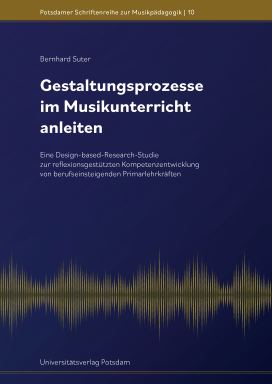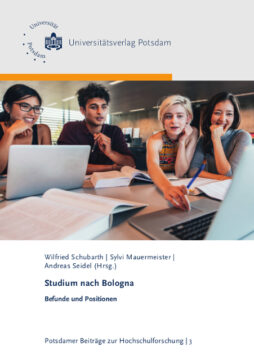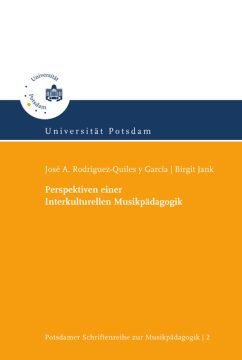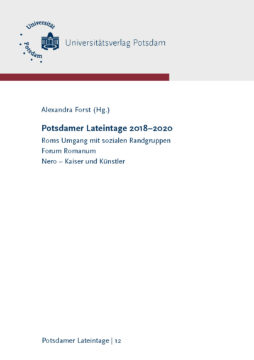“Inventing and creating music” has great potential for music education: experimenting with sounds, developing a feel for dramaturgical progressions, communicating non-verbally – inventing and creating music opens up a broad field of musical activities and experiential possibilities. However, in regular music lessons in Swiss elementary school, didactic approaches to production are still the exception rather than the rule and music teachers lack guidance strategies.
For this book, the author used a design-based research study to investigate how primary school teachers gradually develop their instruction strategies when carrying out musical creation processes in their classrooms. The researcher accompanied the teachers in their school practice and intervened specifically with reflection impulses to support the professionalization process.
Three reflection tools were generated from this: The reflection tool “try-outs” contains concrete suggestions for action and reflection questions for guiding musical design processes. The online tool “improspider” is a self-reflection instrument for assessing personal orientation. The competence model “competence flyer” offers a reflection foil for the control of independent competence acquisition steps.
The reflection tools are also available online in the form of a learning object.
gestellt an Bernhard Suter, Autor





